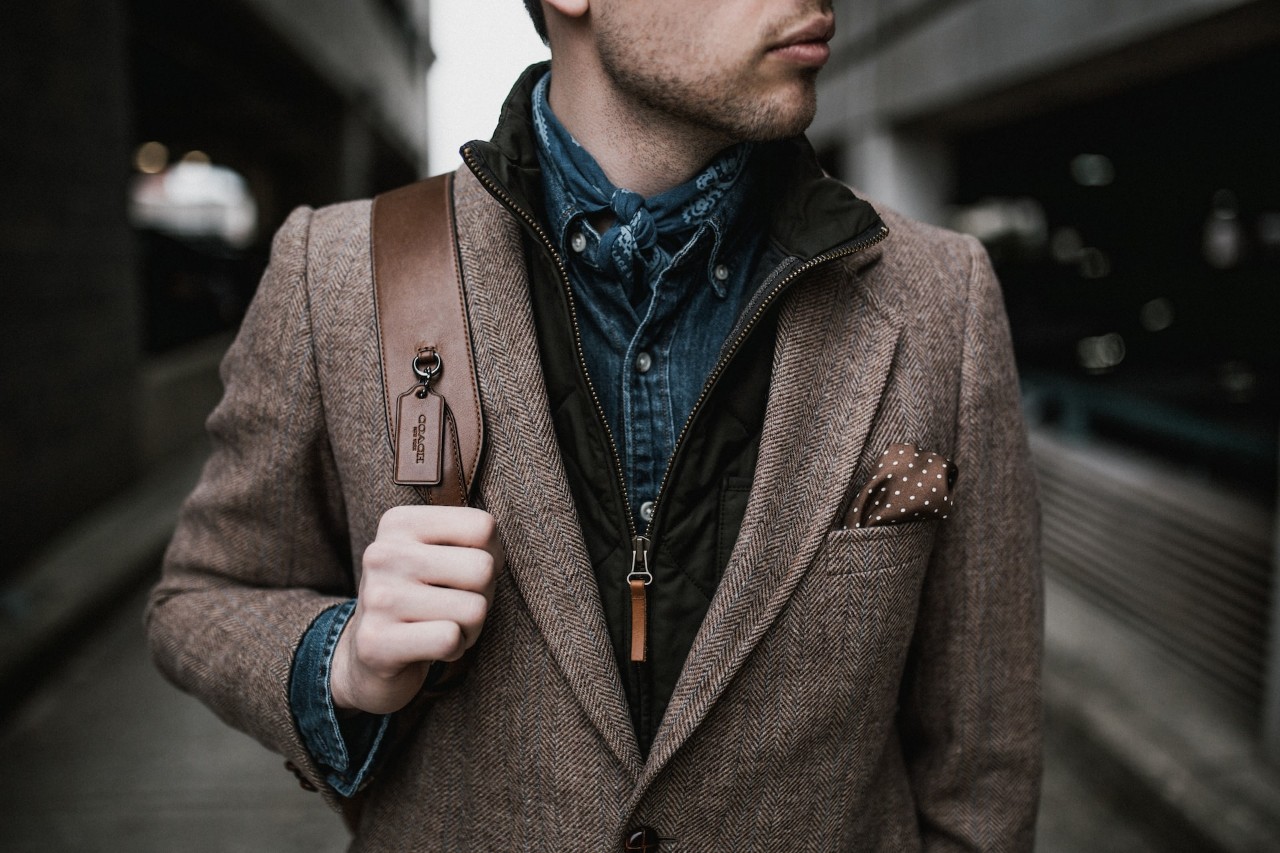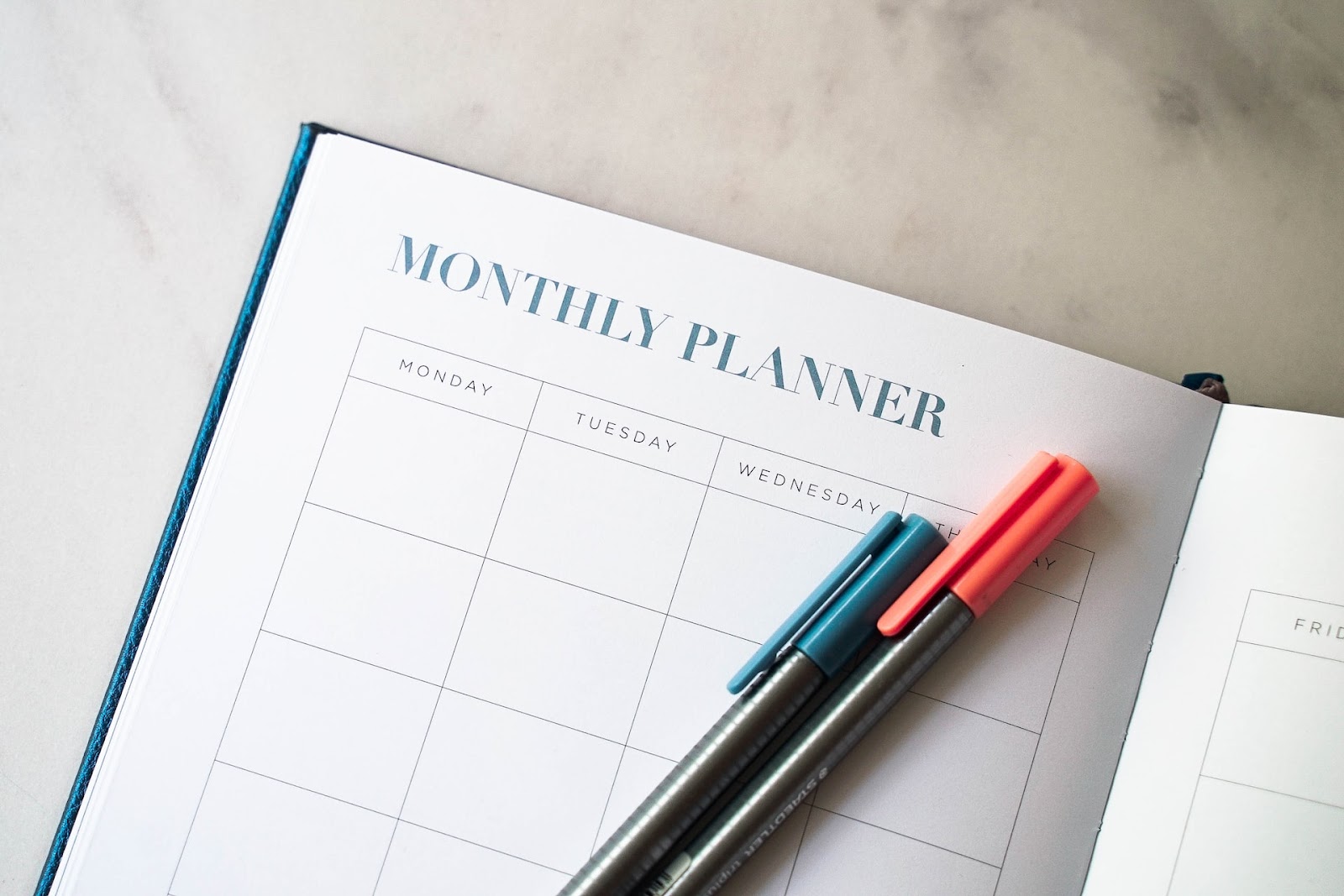We are all perfectly imperfect.
— Fran Houston
Observed each year on November 19, International Men’s Day (IMD) celebrates the positive value men bring to the world, their families and communities, and raises awareness of men’s health and well-being. The theme for 2024 is “Positive Male Role Models.” As I explained in a 2022 article on gender identity, I’ve never been big on heroes or role models. I nevertheless explored my relationship with some of the most influential men in my life. These included my father, uncles, one of my male cousins, as well as two characters from fiction: Sam Gamgee (JRR Tolkien’s The Lord of the Rings) and Jimmy Perez from the TV detective series Shetland. I’ve also written about four men who inspire me in different ways: my son Michael Baker, Johnny Benjamin MBE, and friends Quinn Brown and Peter McDonnell.
I covered less savoury aspects of what it means to be a man in last year’s IMD post: Big Boys Cry Too: Challenging Toxic Masculinity for International Men’s Day. The question of toxic masculinity raises the counter question: what is non-toxic masculinity? I came across a short video recently by Steve Bartlett in which he challenged the concept on the basis that behaviours people consider non-toxic such as caring, empathy, and nurturing are conventionally attributed to women. Furthermore, healthy expressions of traditionally male traits such as competitiveness, ambition, courage, and strength are valid irrespective of gender. “Non-toxic masculinity is basically an empty set,” Bartlett claimed. “[Masculinity] is either bad, or nothing.”
I have some sympathy for this perspective. I don’t see men and women require different sets of “good” and “bad” behaviours. I might struggle to define “good” and “bad” behaviours (moral relativism is a topic for another time) but there’s no reason a person’s ability to demonstrate them need depend on their gender, no matter how that’s defined or attested. Rather than write about positive male role models, I’ve decided to pick six qualities and behaviours I admire in others and endeavour to emulate. I’ll illustrate each with men who for me exemplify those qualities and behaviours. I’m confident each of the people I include would affirm or have affirmed their gender as male, but that is an assumption on my part.
The qualities and behaviours are: Independent Thought, Effective Communication, Assertiveness and Self-Confidence, Open Enquiry and Respectful Disagreement, Leadership and Endurance, and Devotion and Sacrifice. The men I’ve chosen to illustrate these are: Sir Roger Penrose, Sam Harris, Albert Camus, James Grime, Neil Degrasse Tyson, Brian Cox, Sir David Attenborough, Christopher Hitchens, Alex O’Connor, Robert Falcon Scott, Sir Ernest Shackleton, and Anatoli Boukreev.
Independent Thought
Sir Roger Penrose, Sam Harris, Albert Camus
I find independent thinkers refreshing. By that, I mean people prepared to go beyond what is considered conventional or convenient truth. I’ve selected three men who in different ways have helped me challenge my beliefs and assumptions.
The first is British mathematician, physicist, and Nobel Laureate, Sir Roger Penrose. I can’t claim to have more than a (very) sketchy grasp of his contributions to mathematics, science, and philosophy. The aspect of his work which has caught my attention and interest is conformal cyclic cosmology (CCC). It’s a theory which proposes that the ultimate fate of the current universe is — or will be, after unthinkably long periods of time have elapsed — equivalent to the the start of the next. According to CCC, this cyclicity extends not only into the future, but into the past. The big bang in which our current universe began was conformally equivalent to the ultimate fate of the previous universe. CCC is not without its critics, but for me the point is less the objective truth of a given theory, and more its value in encouraging us to think in new ways.
My second example is American philosopher and neuroscientist Sam Harris. His work encompasses religion, ethics, neuroscience, psychedelics, and artificial intelligence amongst others, but it’s his proposition that free will is an illusion that engages me most. So much of how we operate as individuals and how society works is based on the assumption that we have free will. That is, we are more or less free to decide what we will do and say, and are thus to be held responsible for our decisions and actions. The idea that free will is an illusion is intellectually and ethically challenging, to say the least.
My third example is French-Algerian philosopher Albert Camus. I’ve written about Camus previously, focusing on his philosophy of Absurdism. In brief, Camus describes as absurd the contradiction between our inbuilt search for purpose and meaning and the universe’s lack of response on the matter. I find the brutal realism of Absurdism liberating, not least because it validates and explains how I’ve felt most of my life. Rather than falling into nihilism, Absurdism challenges us to find our personal sense of purpose and delight in life, without looking for it beyond ourselves.
Effective Communication
James Grime, Neil Degrasse Tyson, Brian Cox, David Attenborough
Having great ideas is one thing, but being able to communicate them effectively is a separate skill. We all remember that one teacher at school who engaged us in their specialist subject, or the co-worker who could always be relied on to explain the difficult bits. My first example is mathematician and public speaker James Grime, best known through the Numberphile YouTube channel. His enthusiasm and excitement is unrivalled, and a delight to watch, whatever your level of interest and knowledge of mathematics.
In the area of science and cosmology, I include American astrophysicist and science communicator Neil Degrasse Tyson, and English physicist and broadcaster Brian Cox (the latter is not to be confused with either the Scottish actor or the American film director, both of the same name). I personally find Brian Cox hard to watch, but there’s no doubt he’s an accomplished communicator. Tyson can come across as condescending but I find him eminently watchable.
My final example is Sir David Attenborough. The veteran broadcaster, natural historian, author, and presenter needs little introduction. The seminal nine part Life series and documentaries including The Blue Planet and Planet Earth brought the wonder of the natural world — and the impact of human society on it — to a world-wide audience.
Assertiveness and Self-Confidence
Christopher Hitchens
Assertiveness and self-confidence are valuable qualities when employed to ensure our voice, opinions, and warnings are heard. As the saying goes, “Shy bairns get nowt.” This proverb, popular in the North East of England, reminds us that if we’re too shy, or don’t speak up, we won’t get what we want. Someone who could never be described as a shy bairn is (was, he died in December 2011) Christopher Hitchens. Born in England, Hitchens emigrated to the United States in the 1980s and adopted dual citizenship. He was a prolific writer, journalist, and educator. I first came across him a few years ago in his role as one of the so-called “four horsemen” of New Atheism, along with Richard Dawkins, Sam Harris, and Daniel Dennett. I’ve watched many of Hitchens’ public debates, discussions, and conversations. His approach could be described as combative and unrelenting. The term “hitch-slapped” arose amongst his admirers to label occasions when he used his formidable wit and encyclopedic knowledge to put down his debating opponents. I discovered Hitchens at a time when I was exploring my own relationship with atheism, politics, and world affairs. I don’t agree with him on all points, but his anti-religion, anti-monarchy, and pro-democracy positions affirm many of my own.
More than his specific beliefs, though, it’s Hitchens’ self-confidence and willingness to put those beliefs to the test against other — and often extremely hostile — opinions which I most admire. He rejoiced in being, in Jeremy Paxman’s words, a contrarian and polemicist, asserting in a 2010 interview that “only division can bring progress.” Challenged by Paxman on his uncompromising atheist and anti-religion stance, Hitchens claimed “One of the beginnings of human emancipation is the ability to laugh at authority.” I respect Hitchens also for his attitude regarding his own approaching death from throat cancer. In that same interview, he stated “I’m not afraid of being dead. I’m afraid of a sordid death. [...] I feel a sense of waste about it, because I’m not ready. I feel a sense of betrayal to my family and to some of my friends who would miss me.” As I begin exploring end of life planning and legacy for myself, his matter-of-fact approach to death, and his refusal to succumb to mawkish sentimentality or religious bet-hedging sets a high yet potentially reachable bar. To the end, Hitchens was unapplogetically himself. I could wish no finer obituary for myself.
Open Enquiry and Respectful Disagreement
Alex O’Connor
Where Christopher Hitchens was abrasive and confrontational, Alex O’Connor exemplifies the qualities of open enquiry and respectful disagreement. I first came across Alex a few years ago, through his YouTube channel Cosmic Skeptic. His videos cover topics that interest me a great deal, including philosophy, atheism, free will, ethics, and morality. His many guests, opponents, and discussion partners have included William Lane Craig, Jordan Peterson. Sam Harris, Ben Shapiro, and Richard Dawkins. Through all of these conversations, discussions, and debates, I’ve never heard Alex raise his voice or appear angry or aggressive. He has a refreshing ability to hold his ground in the face of challenge, yet remain open, curious, and respectful towards contrary argument. In an age where so much is presented to us in soundbites as black or white, right or wrong, yes or no, Alex reminds me that things are rarely simple or clear-cut. He exemplifies a gentle yet nonetheless intellectually honest and rigourous approach to issues that matter to me a great deal.
Leadership and Endurance
Robert Falcon Scott, Ernest Shackleton
I’ve been interested in polar exploration since childhood, when I was gifted a small book about the exploits of Robert Peary, Robert Falcon Scott, Roald Amunsen, and Ernest Shackleton. Of these, Shackleton and Scott still stand for me as exemplars of leadership and endurance. Scott is a controversial figure. He’s often characterised as a romantic hero cheated of his prize by fate (and Amunsen) yet ultimately victorious in the noblest tradition of epic failure. Revisionist historians portray him as a naive and foolish amateur whose poor decisions endangered his expedition and led to the death of the final party of five, including Scott himself. Whatever the truth of the matter, it’s clear he was an inspirational leader able to encourage and motivate those under his command though adversities that would paralyse others.
My awareness of Sir Ernest Shackleton is based on the 2002 TV miniseries Shackleton starring Kenneth Branagh in the title role. It tells the story of his 1914 expedition on the ship Endurance, the intention being to cross the Antarctic continent from one side to the other. After overwintering on the ice, the Endurance sank, forcing Shackleton to lead his men on what would prove to be a journey fully worthy of their former ship’s name. After months floating on the ice and five days at sea, the party reached Elephant Island but discovery and rescue were unlikely. With five companions, Shackleton undertook a harrowing fifteen day journey in the one remaining lifeboat, eventually reaching South Georgia. Crossing the island on foot to reach the whaling station, Shackleton raised the alarm. All twenty-two men left behind on Elephant Island were eventually rescued, after a total of four and a half months. Despite failing in his goal to cross the Antarctic continent, Shackleton’s adventure remains one of the most staggering tales of courage, leadership, and perseverance in the face of apparently overwhelming odds.
Devotion and Sacrifice
Anatoli Boukreev
The sixth behaviour I admire can be described as devotion and sacrifice, putting one’s own situation aside temporarily in order to help someone in need. I say temporarily, because always putting other people’s needs before our own is unhealthy, exhausting, and ultimately unsustainable. Shackleton would have served as a great example, but the person I’ve chosen is the late Soviet and Kazakh climber Anatoli Boukreev. Anyone familiar with the 2016 movie Everest which covers the 1996 Mount Everest disaster, will recall Boukreev’s role as lead guide for the Mountain Madness expedition headed by Scott Fischer. After blizzards closed in, Boukreev rescued three climbers stranded above 8,000 metres. His behaviour and choices that day have been the subject of considerable controversy, most notably in the account of the disaster in Jon Krakauer’s book Into Thin Air. I’m ill equiped to dissect the rights and wrongs of the situation, but Boukreev was subsequently awarded the David A. Sowles Memorial Award by the American Alpine Club. The award recognizes people “who have distinguished themselves, with unselfish devotion at personal risk or sacrifice of a major objective, in going to the assistance of fellow climbers imperiled in the mountains.” Boukreev died three weeks after receiving the award, attempting to climb the south face of Annapurna.
Conclusion and Controversy
Many of the men I’ve mentioned have been considered controversial, or worse. This is one of the reasons I struggle with the concept of heroes or role-models. We’re all flawed, some more so than others. It’s also true that we only ever know people partially, especially the famous or apperently successful. Holding someone up exhibiting behaviours or attitudes we admire — as I have done here — doesn’t mean we think they’re perfect. It would be wrong to assume I agree with or admire these men in all aspects of their life, beliefs, thinking, and behaviours.
I’ve mentioned some of these controversies and flaws already. It wasn’t hard to find others. Sam Harris has been accused of Islamophobia. Albert Camus’ life and writing are frequently categorised as colonialist and sexist. In 2018 Neil Degrasse Tyson was accused of rape and inappropriate sexual advances. David Attenborough has been criticised for promoting an overly romanticised view of the natural world, and for his warnings on the impact of overpopulation and other human activities on the environment. Christopher Hitchens has been variously condemned for his heavy drinking, bigotry, antisemitism, support for the military invasions of Iraq and Afghanistan, and his ascerbic criticism of such prominent figures as Mother Theresa, President Bill Clinton, and Henry Kissinger. Ernest Shackleton has been described “as a deeply flawed man, a poorly-organised adventurer obsessed with fame and wealth, a congenital womaniser who habitually cheated on his wife, and whose repeated business failures left him the equivalent of £1.5million in debt when he died.”
It might seem as though there are no positive male role models to be had, and that’s partly my purpose in writing this piece. Rather than putting people — regardless of their gender — on pedestals, we do better to acknowledge when they exhibit behaviours and attitudes we admire, hold them to account where they fall short, but above all remember that like us they are human, complex, and perfectly imperfect.
Photo by Dawid Zawiła at Unsplash.






